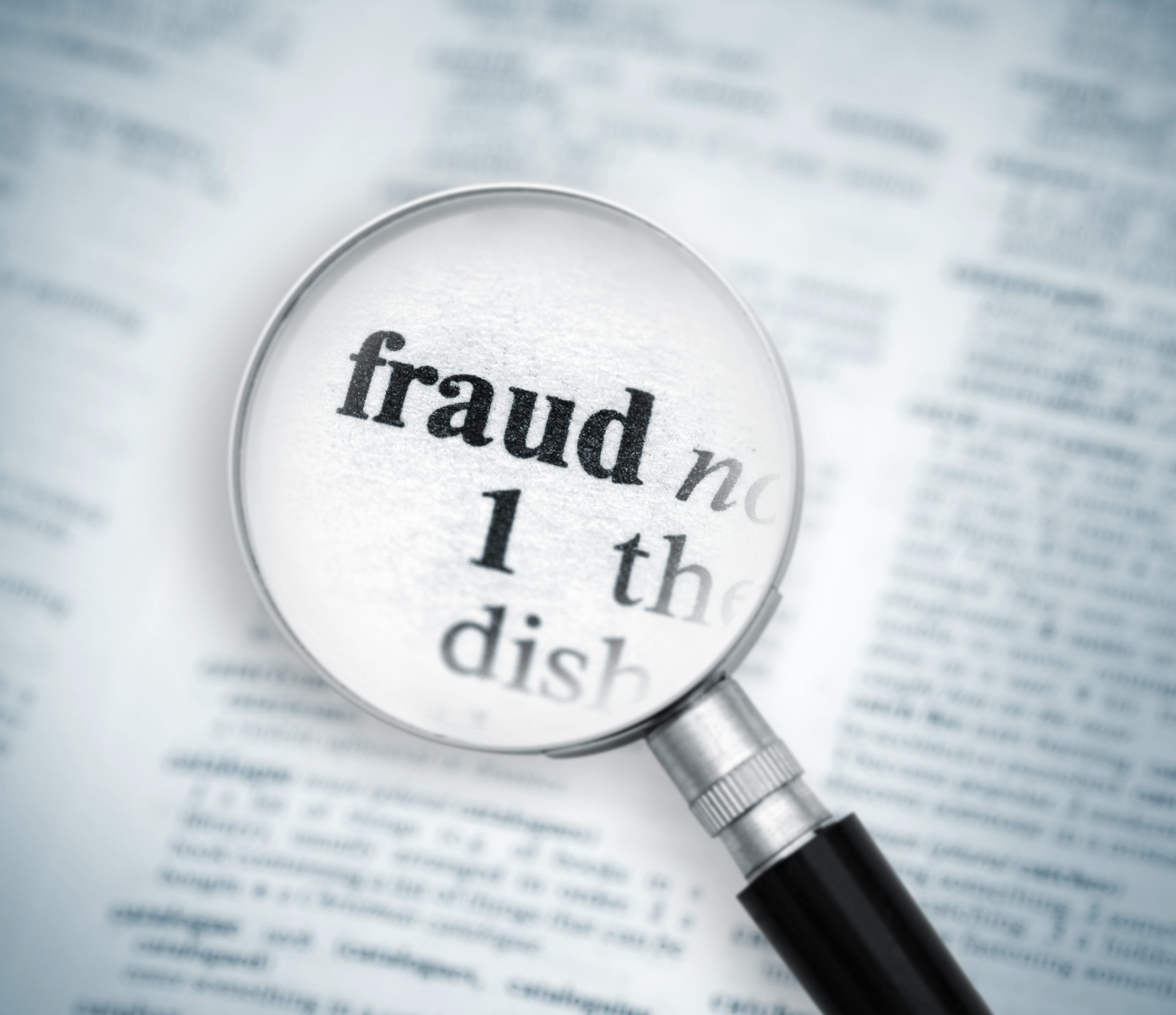
It’s fun to talk about myths related to fraud investigations and forensic accounting. People get wrong ideas about what I do for a living, so let’s set the record straight on a few of the myths:
- Any accountant can do a fraud investigation. No, the art and science of a fraud investigation is different than traditional CPA services. Experience with fraud methods, investigative techniques, and presenting the results of investigations are necessary. A forensic accounting engagement isn’t the same thing as financial statement audit or preparing a tax return. It takes different skills.
- A forensic accountant will help me get my money back. Nope. I find where the money went. An attorney helps get the money back. Sadly, most victims of fraud don’t get their money back. People don’t steal to save. They steal to spend. So when they are caught, there is no pile of money that can be given back to the victim.
- This is an “easy” investigation. Even when a project seems straightforward, many details need to be cross-checked and explanations to be ruled out. There is also a certain amount of due diligence that I have to do before I can render an expert opinion. Also, when something is “easy” for me to do, it’s likely because I have more than two decades of experience doing fraud investigations.
- Software will do the fraud investigation. Software packages provide a lot of help with my projects. But investigations still require the eyes of a human to direct the work and interpret the results. I don’t simply push a button and end up with valid results. There is still lots of legwork required, whether that is preparing data for the software, reconciling data that was processed by the software. or working with the data after the software does its thing.
- The client can do the fraud investigation and I can just check the work. If a good fraud investigation could be done by anyone, we wouldn’t need experts like me. Oftentimes, checking the work of a civilian takes more time and effort than doing the investigation myself. I can appreciate that clients want to save money, but most of the time there is only limited assistance that a client can provide in a fraud investigation.
- All forensic accountants are equal. Nope. Forensic accountants have different approaches to cases, skill levels, methods of investigating, and ways of presenting the results. It is wise for clients to talk to a few experts before making a choice. You want to find something that you think you can work well with. And most likely, after talking to a few fraud investigators, you’ll get a feel for who knows what they are talking about and who doesn’t.



